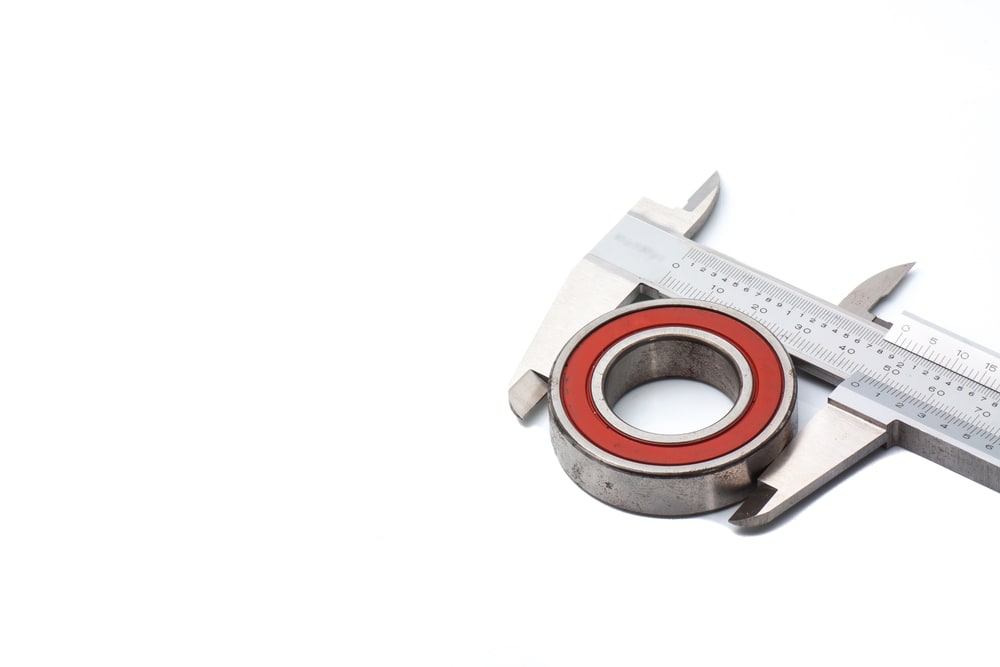

The wheels of a car are very important in regards to getting the car moving. In order for the wheels of the car to move, a person will have to make sure all of the bearings and seals are working properly. The wheel seals are designed to go over the wheel bearings to make sure that the grease in them remains intact. Without the right amount of grease, the bearings will freeze up and prohibit the wheels from turning like they are supposed to. This means that you will not be able to drive the vehicle. When the car is in motion, the wheel seals will have to work to keep the grease in the bearings as intended.
The wheel seals are designed to last the life of the car, but in some cases this is not what happens. Taking the time to inspect the wheels of a car on a regular basis can alert you to issues with the wheels seals. Neglecting to do this type of inspection may lead to a number of components of a car becoming damaged. Without properly working wheel seals, it will be impossible for the moving parts of your wheels to stay lubricated and working as intended.
Becoming familiar with how your car operates is important. The more familiarity that you have with your car, the easier it will be for you to spot when things are not right. There will usually be a variety of different signs that a car owner will notice when it comes time to have their wheel seals replaced. When these signs are noticed, the car owner will have to take them seriously in order to avoid any further damage.
Here are a few of the things that you will notice when it comes time to get your wheel seals replaced:
- There is wheel grease leaking out of the wheel hub
- Noticeable grinding noises coming from the tires
- The ABS light is coming on
If any of the above symptoms are present with your vehicle, have a certified mechanic replace the bad wheel seal to eliminate any further complications.



